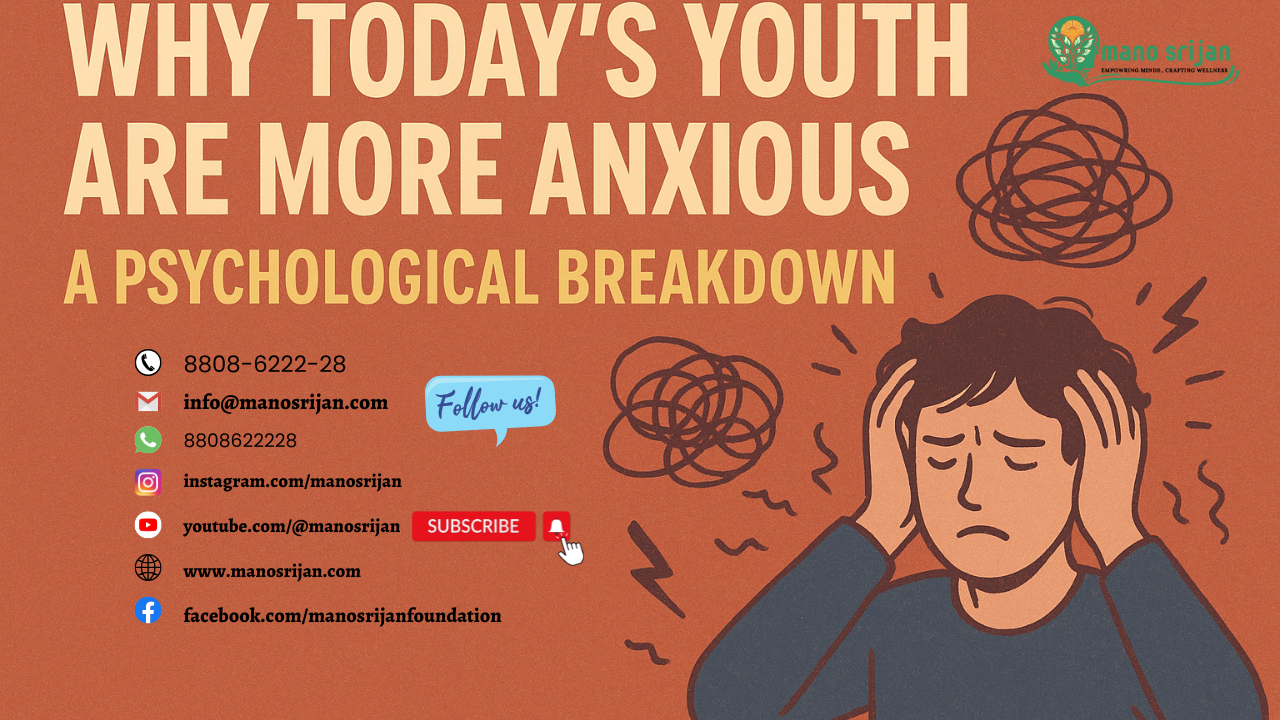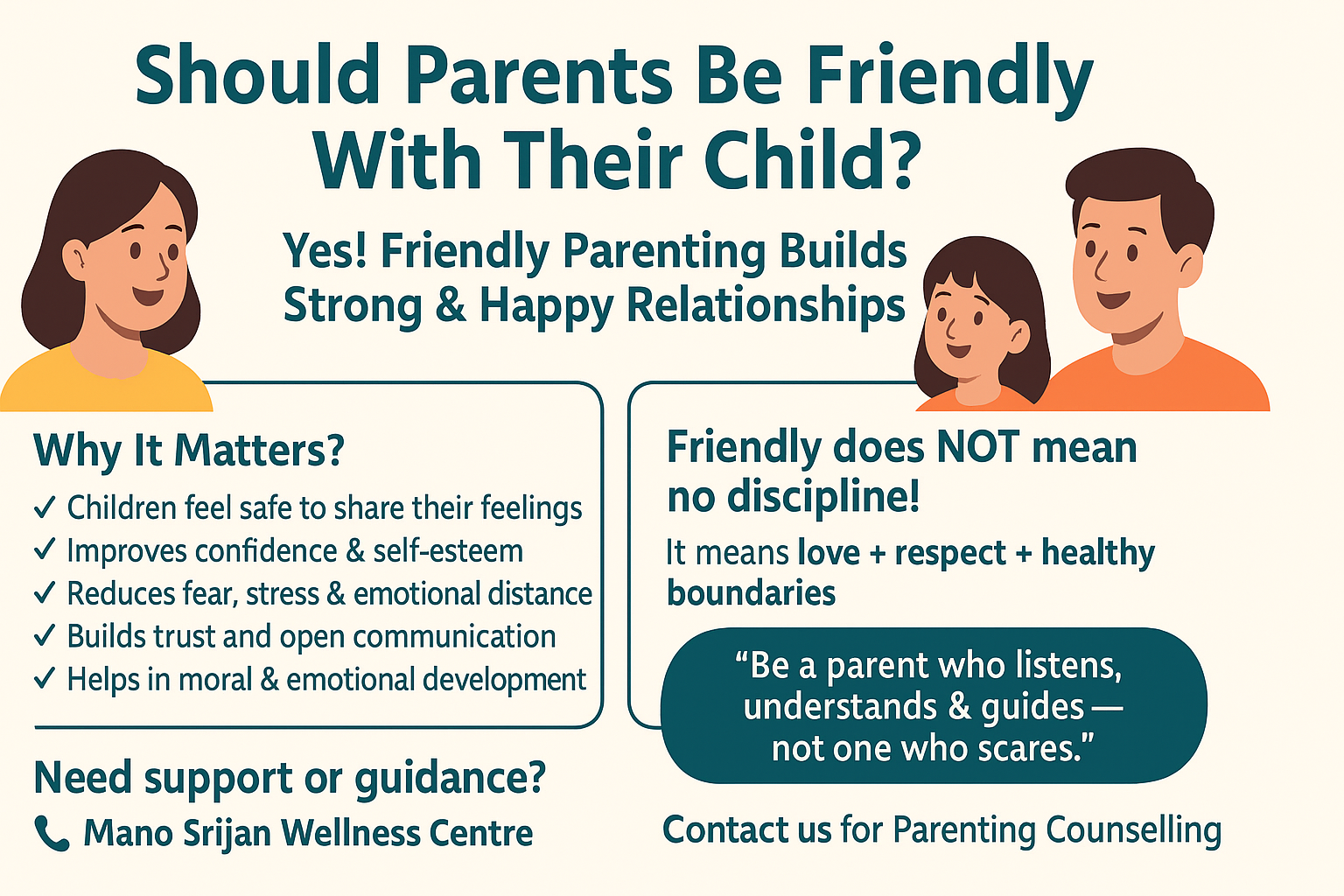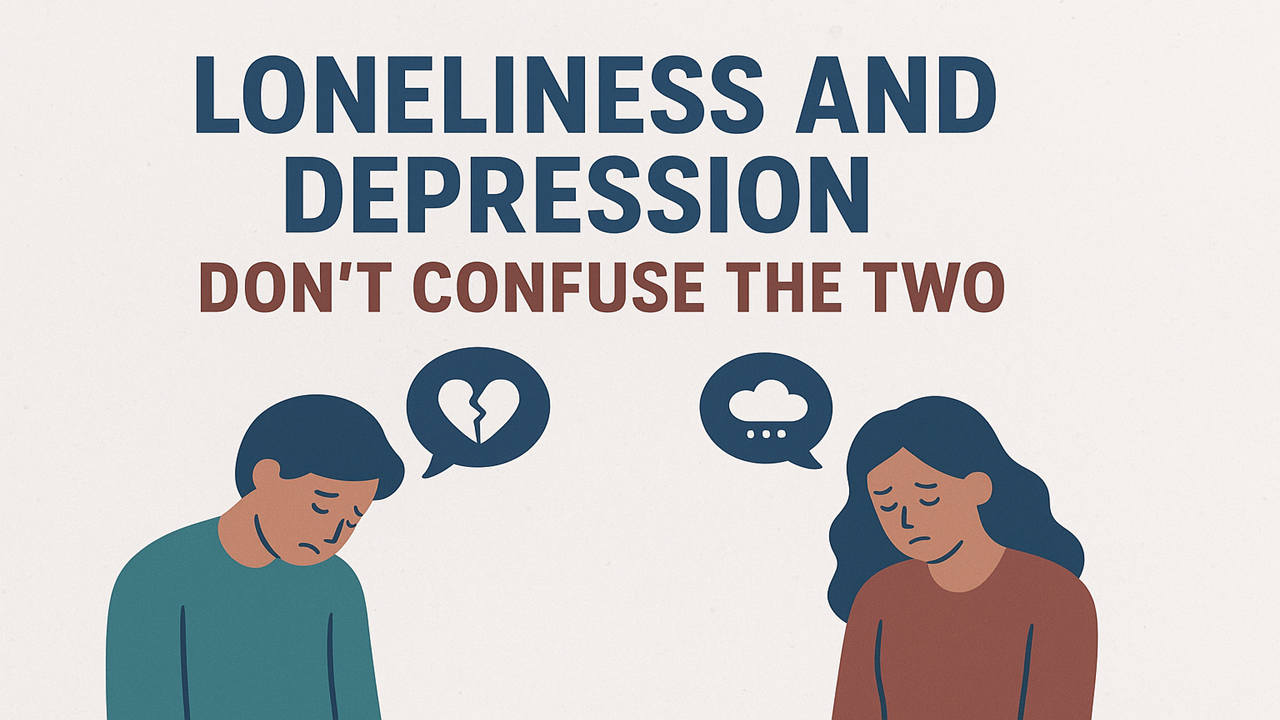
- 12 Aug 2024
- Ekta Shukla
Sleep Deprivation: Causes, Effects and Solution
Sleep is fundamental to our well-being, influencing almost every aspect of our health. However, in our fast-paced, demanding world, sleep deprivation has become alarmingly common. This article explores what sleep deprivation is, its causes, effects on health, and potential solutions to help you get back on track.
What is Sleep Deprivation?
Sleep deprivation occurs when an individual doesn't get enough sleep to function optimally. This can be due to a variety of factors, including not allowing enough time for sleep, poor sleep quality, or disruptions in the sleep cycle. While the amount of sleep needed can vary by age and individual needs, adults generally require 7-9 hours of sleep per night to maintain good health.
Causes of Sleep Deprivation
- Lifestyle Choices: Busy schedules, excessive screen time before bed, and work-related stress can lead to inadequate sleep. Many people sacrifice sleep for productivity or entertainment, not realizing the long-term effects on their health.
- Work Demands: Irregular work hours, long shifts, and high-stress jobs can disrupt sleep patterns. Shift workers and those with high-pressure careers often struggle with getting enough restorative sleep.
- Medical Conditions: Certain health conditions, such as sleep apnea, insomnia, and restless leg syndrome, can severely impact the quality and quantity of sleep. Mental health issues like anxiety and depression are also known to affect sleep patterns.
- Environmental Factors: Noise, light pollution, and uncomfortable sleep environments can interfere with the ability to fall asleep and stay asleep. A bedroom that is too warm or too cold can also disrupt sleep.
- Caffeine and Alcohol: Consuming caffeine or alcohol, particularly close to bedtime, can disrupt sleep. Caffeine is a stimulant that can delay the onset of sleep, while alcohol can interfere with the sleep cycle and reduce overall sleep quality.
Effects of Sleep Deprivation
Sleep deprivation can have profound and wide-ranging effects on your physical and mental health:
- Cognitive Impairment: Lack of sleep affects cognitive functions such as memory, attention, and decision-making. Sleep deprivation can lead to difficulties in concentration and problem-solving, affecting work and daily activities.
- Emotional Instability: Inadequate sleep can cause irritability, mood swings, and increased stress levels. Chronic sleep deprivation is linked to a higher risk of developing mental health issues, including depression and anxiety.
- Physical Health Problems: Prolonged sleep deprivation is associated with a higher risk of developing chronic health conditions such as cardiovascular disease, obesity, diabetes, and hypertension. The body's ability to repair and regenerate is compromised without sufficient sleep.
- Immune System Weakening: A lack of sleep impairs the immune system, making the body more susceptible to infections and illnesses. The production of cytokines, which help fight infections, is reduced when you don’t get enough rest.
- Impaired Motor Skills: Sleep deprivation affects coordination and reaction times, increasing the risk of accidents and injuries. This is particularly concerning for activities such as driving, where drowsiness can be as dangerous as driving under the influence.
Solutions to Combat Sleep Deprivation
- Prioritize Sleep: Establish a consistent sleep schedule by going to bed and waking up at the same time every day, even on weekends. This helps regulate your internal clock and improves sleep quality.
- Create a Relaxing Bedtime Routine: Develop a calming pre-sleep routine to signal to your body that it’s time to wind down. This could include reading, taking a warm bath, or practicing relaxation techniques like deep breathing or meditation.
- Optimize Your Sleep Environment: Make your bedroom conducive to sleep by keeping it dark, cool, and quiet. Invest in a comfortable mattress and pillows to support restful sleep.
- Limit Exposure to Screens: Reduce screen time at least an hour before bedtime. The blue light emitted by phones, tablets, and computers can interfere with the production of melatonin, a hormone that regulates sleep.
- Watch Your Diet: Avoid large meals, caffeine, and alcohol close to bedtime. These can disrupt sleep and make it harder to fall and stay asleep.
- Stay Active: Regular physical activity can promote better sleep, but try to avoid vigorous exercise close to bedtime. Exercise helps regulate the sleep-wake cycle and improves overall sleep quality.
- Seek Professional Help: If you struggle with persistent sleep problems despite making lifestyle changes, consider consulting a healthcare professional. They can help identify underlying issues and provide appropriate treatment or interventions.
Conclusion
Sleep deprivation is a serious issue with wide-ranging consequences for health and well-being. By understanding its causes and effects, and taking proactive steps to improve sleep habits, you can enhance your overall quality of life. Prioritizing sleep isn’t just about feeling rested; it’s about supporting your body’s natural processes and maintaining your physical and mental health. Take control of your sleep today for a healthier, more balanced tomorrow.






